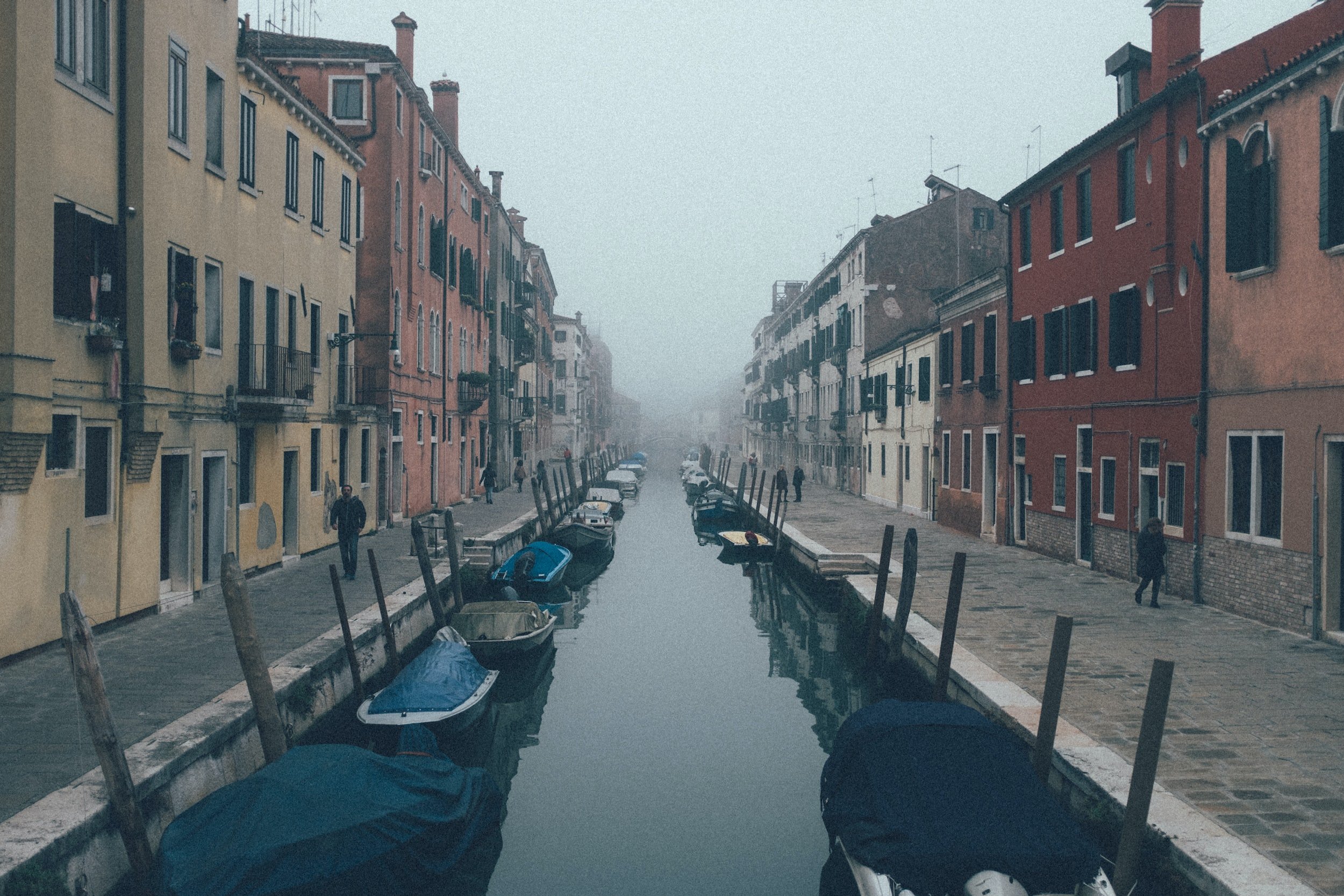Noise Pollution

What is noise pollution?
In general, noise pollution is defined as frequent exposure to high sound levels that adversely affect humans or other organisms. Noise pollution affects tens of thousands of people every day. This is an invisible hazard. Although it cannot be seen or touched, it has a great deal of destructive power. It is well known that sound is measured in decibels. Sounds up to 85 decibels can harm human hearing.
What situations in your life are filled with noise pollution?
1. Traffic noise produced by cars, buses, etc
2. Drilling sound caused by construction on the site
3. Airports, the noise of air traffic
4. Persistent loud music in or near places of business
5. Machine sounds, such as fans, generators, compressors, mills
6. Recreational activities involving fireworks, firecrackers, loudspeakers, etc
What are the consequences of noise pollution?
Noise pollution will do great harm to human health and threaten the survival of animals in nature.
Hazards to human health
1. Damage to hearing The most direct result of noise pollution is the loss of human hearing. Sometimes the noise from construction sites or public transport can even exceed 120 decibels, which is far higher than the harmful 85 decibels.
2. Sleep disorders Noise pollution at night is very serious, mainly because of the noise generated by public transport, such as planes or cars. This can lead to sleep deprivation and harm people's health.
3. Hypertension & Cardiovascular dysfunction High blood pressure caused by loud noise can seriously lead to cardiovascular disease
4. More serious injuries to children Based on current research and data, children seem to be more sensitive to noise pollution. And many noise pollution-related diseases and dysfunctions are known to affect children, ranging from hearing impairment to psychological and physical effects. In addition, children who regularly and heavily use music players are also at risk for hearing impairment. In 2001, an estimated 12.5 percent of American children ages 6 to 19 had hearing loss in one or both ears.
Damage to the economy
According to the World Health Organization, one in three people in Europe is harmed by traffic noise. Individuals are affected by noise pollution not only medically, but also socially and economically. A health care system or social welfare organization needs to spend extra money and time intervening against sound pollution because of its negative effects on sleep, daytime work performance, high blood pressure, and cardiovascular disease.
Harm to animals
1. Harm to Marine animals Thousands of oil RIGS, sonar, seismic survey equipment, coastal recreational vessels, and ships are major sources of Marine biological noise. Whales are among the most affected animals because their hearing helps them locate, feed, and communicate. As a result, noise pollution can interfere with the feeding, breeding, and migration of cetaceans (whales and dolphins), and can even cause them to bleed and die.
2. Damage to land animals In addition to Marine life, land animals are also affected by human-generated noise pollution in the form of traffic and firecrackers, while birds are particularly affected by increased air traffic.
How do we do that?
1. Wear earplugs when you have to be exposed to high noise levels
2. Try to keep it around 35 decibels at night in your bedroom and 40 decibels at home during the day
3. Try to stay in residential areas away from heavy traffic
4. Avoid using headphones for long periods, especially when the volume is high
5. Try not to make noise in public!!
Sources:National Geographic:Noise pollution; Environmental Pollution centers;United States Environmental Protection Agency



